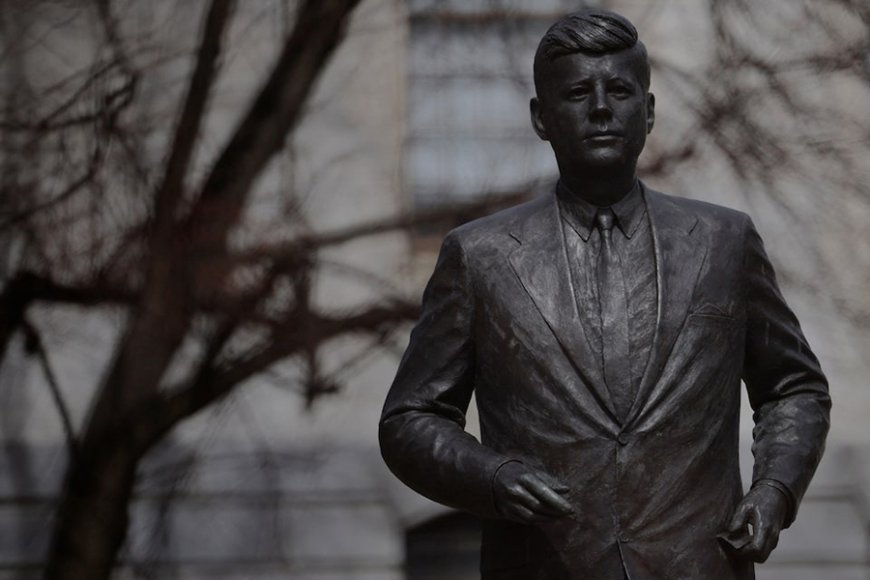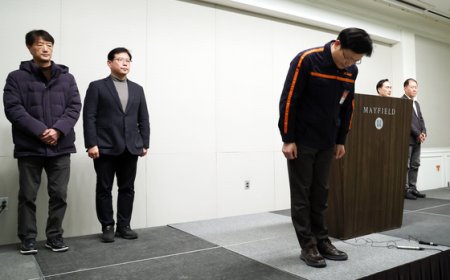President Trump declassifies 80,000 JFK assassination documents
President Trump declassifies 80,000 JFK assassination documents

Trump Releases JFK Assassination Files, Seeking Transparency
On Tuesday, U.S. President Donald Trump declassified materials related to the 1963 assassination of former President John F. Kennedy, fulfilling a campaign promise to promote transparency regarding the historic event in Texas.
An initial batch of electronic documents was uploaded to the National Archives website in the evening, with over 80,000 expected to be released following a Justice Department review. These records, including previously classified memos, provide insight into the tense Cold War climate following the 1962 Cuban Missile Crisis.
The release is expected to intrigue historians and those captivated by Kennedy’s legacy and assassination. Many documents focus on the investigation into assassin Lee Harvey Oswald’s time in the Soviet Union and his movements before Kennedy's death on November 22, 1963. Initial reviews suggest no major departures from the established narrative.
Robert F. Kennedy Jr., nephew of JFK and son of Robert Kennedy, has alleged CIA involvement in the assassination, a claim the agency denies. He declined to comment when contacted by Reuters. Meanwhile, JFK’s grandson, Jack Schlossberg, stated on X that the Trump administration did not notify Kennedy’s family in advance of the release.
Harvard historian Fredrik Logevall acknowledged the value of unredacted records but doubted they would significantly alter existing historical understanding.
Among the declassified files was a 1964 interview with a CIA employee regarding inconsistencies in State Department and CIA reports about marriages between Soviet women and American men—relevant as Oswald was married to Soviet-born Marina Oswald. Other documents discuss Cold War strategies, U.S. efforts to counter Fidel Castro’s influence in Latin America, and a 1962 memo on "Operation Mongoose," a covert CIA-led campaign against Cuba authorized by Kennedy.
Following Trump’s directive to disclose assassination records, the FBI identified thousands of additional documents. The Justice Department mobilized national security lawyers to expedite their review.
Director of National Intelligence Tulsi Gabbard called Trump’s actions a "new era of maximum transparency." However, historian Alice L. George suggested the files are unlikely to resolve lingering public skepticism about government secrecy and the assassination.
Though official investigations have attributed Kennedy’s murder to Oswald alone, many Americans continue to suspect a broader conspiracy. Trump has also pledged to release documents related to the 1968 assassinations of Martin Luther King Jr. and Senator Robert Kennedy, though a timeline for those disclosures remains undecided.
What's Your Reaction?





















































































